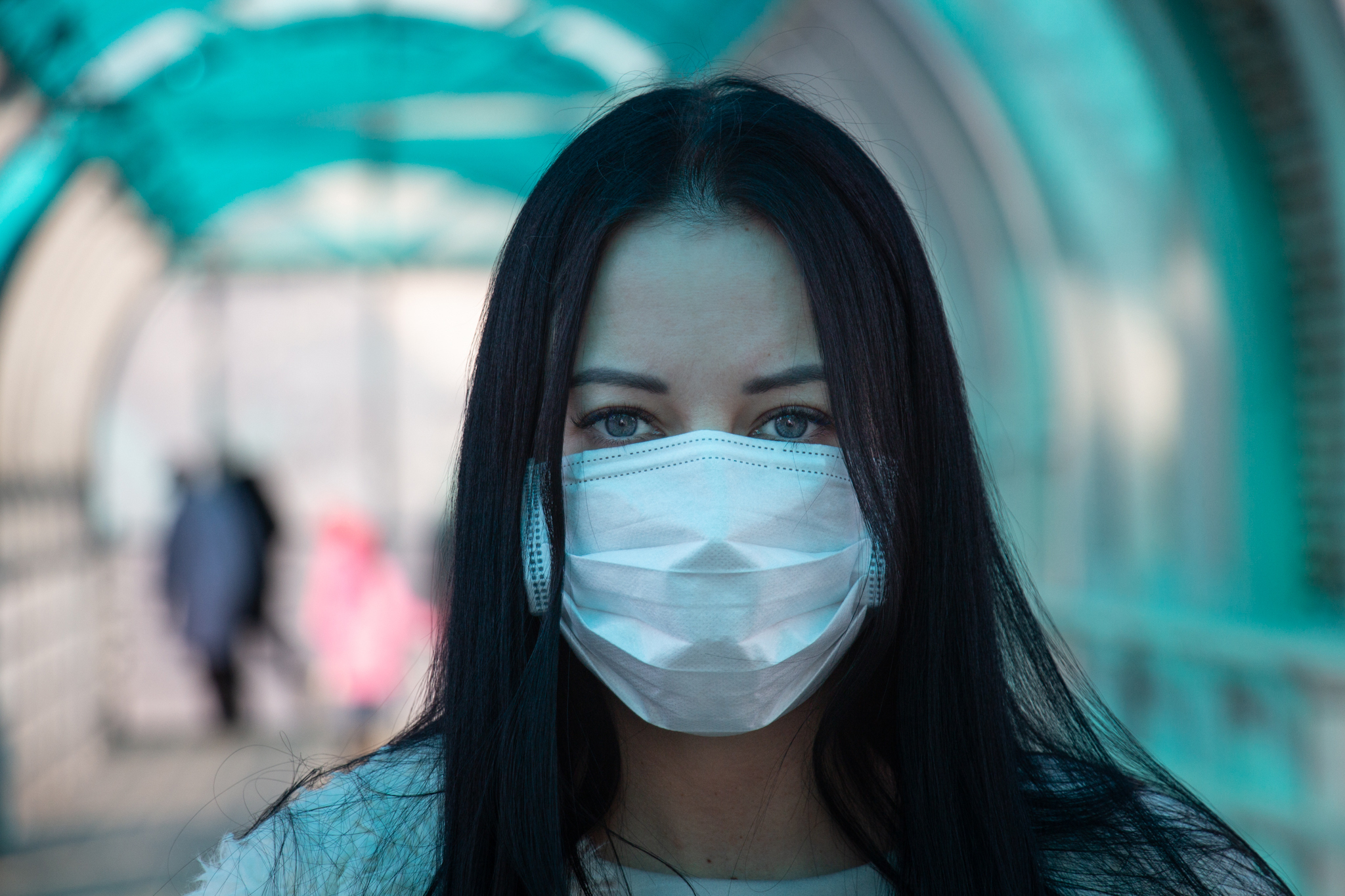
For anti-maskers and those who oppose seat belts laws, it’s an issue of personal liberty. Photo credit: Envato.
Amid the pandemic, Americans and beyond have searched for ways to help prevent the contraction, and spread of, the novel coronavirus.
While many have embraced masks as a way to help stop the spread of the virus, and even as a fashion statement, others are enraged and refuse to wear face coverings.
In Florida, a Walmart shopper was recorded pushing and shoving an employee over entry without a mask.
In Niagara Falls, an anti-masker was recorded scraping social distancing arrows off of the ground in an effort to “liberate the people.”
In continuing to look at this noncompliance, it’s become increasingly apparent that these views often echo the complaints made over the implementation of seat belt laws as well as mask mandates during the Spanish flu of 1918.
How do Masks Work?
Every time you open your mouth, you spew invisible droplets off your inner filth into the air in your immediate surroundings. When your inner droplets include particles of the virus, they can make other humans sick.
Masks, when worn correctly, decrease the amount of droplets exhaled by the wearer, and in turn, helps prevent others from inhaling your germs.
So, why are People so Opposed?
Overall, the battle over face masks has reflected the struggle between those wishing to defend public safety, and those concerned with their personal liberty.
While wearing a mask in public may seem like a small task, the reality is, people don’t like limits on their behavioral freedom, leading to psychological reactance, or the desire to regain that freedom.
Local leaders in Palm Beach, Florida, for example, were quick to provide a list of reasons for rejecting face masks at a recent conference.
Everything from throwing “God’s wonderful breathing system out the door,” to the invocation of a “communist dictatorship orders,” made it to the table.
“They want to do what they want to do,” explained Mark Leary, a social and personal psychologist, explained to TODAY in regards to the anti-maskers.
“I should note that mask-wearers would get equally angry if told [them] they could not wear a mask when they wanted,” Leary added.
The lack of consistent public information and rules is also a factor leading towards anti-mask behavior.
While some retail employees are confronting customers who refuse to wear masks, other businesses are putting up signs requiring that patrons don’t wear masks.
Further, while the Center for Disease Control and Prevention (CDC) has called on Americans to wear masks, President Trump continues to reject the idea of a national mandate to help curb the surging cases.
This is not an Isolated Situation
In the 1980s, Transportation Secretary Bob Dole’s, R-Kan., fight for seat belt laws inspired a similar reaction by Americans who were hesitant to comply with government-mandated safety rules.
According to The Washington Post, a judge in Grand Rapid, Michigan even refused to fine drivers with tickets for not wearing seatbelts.
“People were really offended by the government telling them what to do,” explained Stephen Teret, a public health expert at John Hopkins University.
Further, from 1918 to 1919, the influenza outbreak, or the Spanish flu, infected around 500 million people.
During this time, many countries relied on similar precautionary measures as we are today for coronaviruses, such as social distancing and face coverings. Some cities, like San Francisco, even implemented fines and other legal penalties for not abiding by these measures.
However, many cities where masks were legally mandated were met with extreme opposition and defiance by both the government and the local populations.
Even those who did obey did so with annoyance and frustration.
“People have a low tolerance for mandatory health measures,” scholar Laura Spinney explained in her novel Pale Rider: The Spanish Flu of 1918 and How it Changed the World. “Such measures are most effective when they are voluntary, when they respect and depend on individual choice, and when they avoid the use of police powers.”
In other words, it may be best to inform society of the dangers and hope they make the right decision for themselves, rather than apply force or implement repercussive measures.
Thus, the CDC is relying on Americans to make the right choice and wear masks to prevent the spread of COVID-19.
How to Combat This Issue
In the same ways that society has gotten on board with things like condoms, seatbelts, and bike helmets, many doctors encourage empathy and understanding.
While humans naturally opt to avoid judgment, overly obsessive responses to this anti-mask behavior are likely to enhance the anger and aggression in those refusing to wear one.
“The point is to reinforce for those already doing the right thing, and help those who have not made up their minds,” Dr. Benjamin Hofman explained to the New York Times.
If we continue to yell at and judge those refusing to wear masks, it’s likely that tensions will escalate into what we see on Twitter everyday. Instead, experts suggest:
If you’ve got a friend who won’t wear a mask, don’t attack them. Offer to help them find a more comfortable one.
If someone in a public space refuses to wear their mask, walk away from them.
If you have a child who refuses to wear a mask, be the role model. They will follow your lead.



Leave a Reply